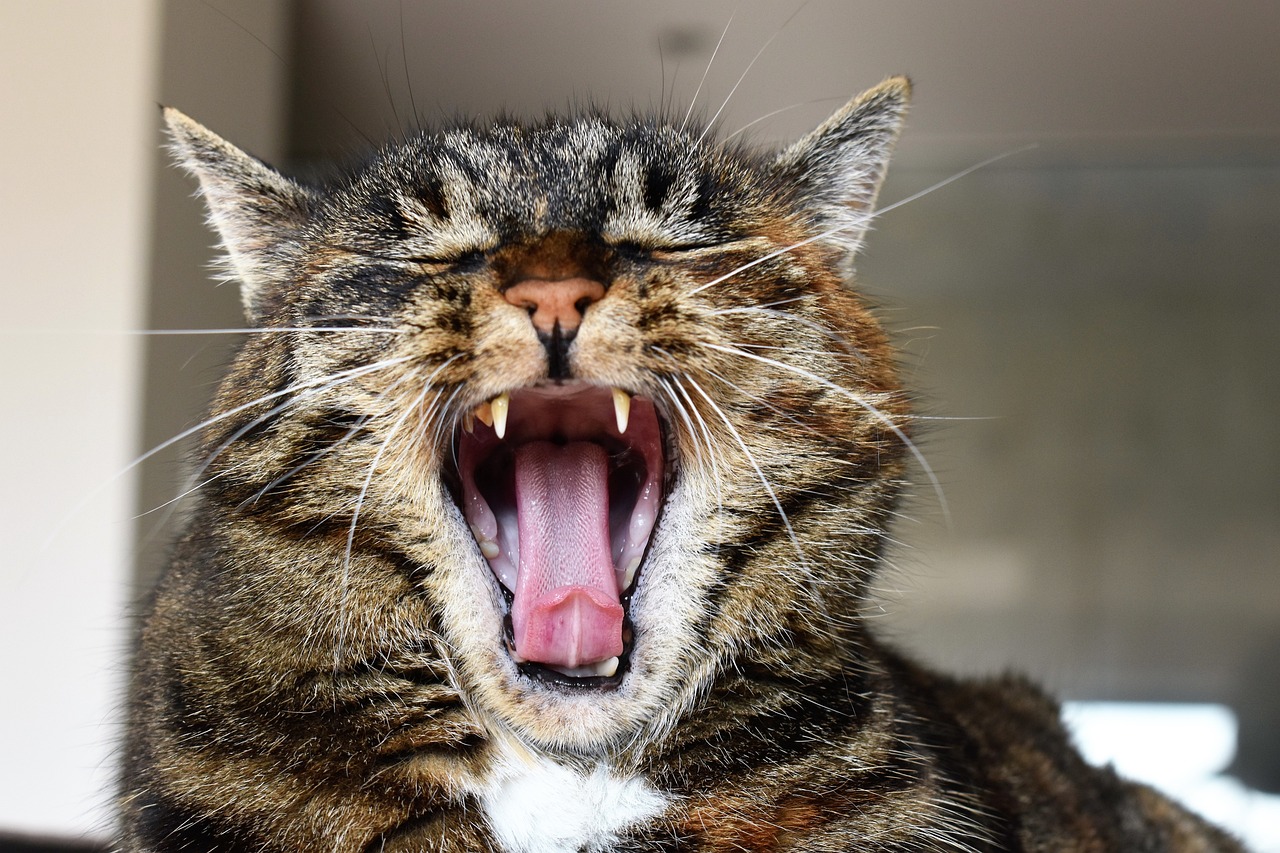When it comes to keeping your cat’s smile bright and healthy, cat gum health is just as important as their teeth. Plaque and tartar buildup can lead to serious dental issues if not addressed, but don’t worry—taking care of your kitty’s gums can be straightforward with the right approach. Let’s explore what you need to know about cat gum health and how to keep your feline’s mouth in tip-top shape.
Why Cat Gum Health Matters
Good cat gum health is crucial because it affects not just the gums but also your cat’s overall well-being. When plaque and tartar build up, they can lead to gingivitis (inflammation of the gums) and periodontitis (more severe gum disease). These conditions can cause discomfort, bad breath, and even tooth loss. Worse yet, untreated dental problems can lead to more serious health issues affecting the heart, kidneys, and liver. Keeping your cat’s gums healthy is essential for their overall health and quality of life.
Signs of Gum Problems in Cats
It’s important to recognize the signs of gum issues early. Here are a few symptoms to watch for:
- Bad Breath: Persistent bad breath can be a sign of dental problems or gum disease.
- Red or Swollen Gums: Healthy gums should be pink and firm. Red, swollen, or bleeding gums indicate inflammation or infection.
- Difficulty Eating: If your cat is having trouble eating or seems to favor soft food, it could be due to gum pain.
- Excessive Drooling: Increased drooling can be a sign of oral discomfort.
- Visible Plaque or Tartar: Look for yellow or brownish deposits on the teeth, especially near the gum line.
Preventing Gum Problems in Cats
Prevention is key to maintaining good cat gum health. Here’s how you can help keep your kitty’s gums in great shape:
- Regular Brushing: Brushing your cat’s teeth is one of the most effective ways to prevent plaque buildup. Use a toothbrush and toothpaste specifically designed for cats. Aim to brush their teeth daily or at least a few times a week.
- Dental Treats and Toys: Dental treats and toys can help reduce plaque and tartar. Look for products that are designed to promote oral health and keep your cat entertained.
- Regular Vet Check-Ups: Regular dental check-ups are essential for monitoring your cat’s gum health. Your vet can perform professional cleanings and check for any signs of gum disease.
- Healthy Diet: Feeding your cat a balanced diet and avoiding sugary or sticky foods can help maintain their dental health. Some special dental diets are formulated to help reduce plaque and tartar buildup.
- Water Additives: There are water additives available that can help reduce plaque and bacteria in your cat’s mouth. These can be an easy addition to your cat’s daily routine.
What to Do If Your Cat Has Gum Issues
If you notice any signs of gum problems, it’s important to address them promptly. Schedule a visit to Atlas Animal Hospital for a thorough dental examination. Your vet will assess your cat’s oral health and recommend any necessary treatments or interventions.
Maintaining good cat gum health is a vital part of your feline’s overall care. By understanding the importance of gum health, recognizing the signs of problems, and implementing effective prevention strategies, you can help ensure your kitty’s smile stays bright and healthy. If you have any concerns about your cat’s dental health or need advice on maintaining their gum health, don’t hesitate to contact us at Atlas Animal Hospital. We’re here to help keep your furry friend’s mouth in the best shape possible!
Ready to give your cat’s gums the care they deserve? Contact Atlas Animal Hospital today to schedule a dental check-up or get tips on how to improve your kitty’s oral health. Our team is dedicated to providing the best care for your pet, so don’t wait—reach out to us now!

